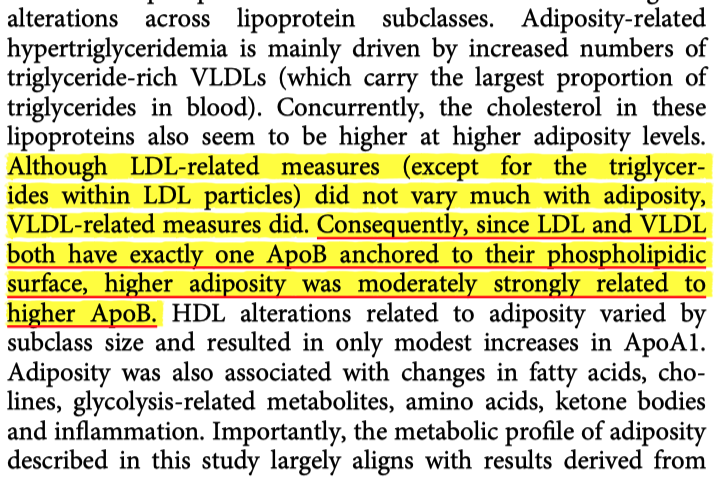
1/ 🧵 I like a lot of @NutritionMadeS3's videos, but I'll concede this one was a little mixed, so I wanted to share some notes (it gets better by the end)
As always, I hope this will be received by everyone in a productive, respectful manner.
As always, I hope this will be received by everyone in a productive, respectful manner.
https://twitter.com/NutritionMadeS3/status/1597241605693792259
2/ myth: “CAC score of 0 means no plaque”
👆I feel this is another statement that is extremely categorial and unrepresented by the vast majority of knowledgable proponents for CAC.
We were chatting about this before on the debate questions...
👆I feel this is another statement that is extremely categorial and unrepresented by the vast majority of knowledgable proponents for CAC.
We were chatting about this before on the debate questions...
https://twitter.com/realDaveFeldman/status/1595618666045116418?s=20&t=r3AihJkT4KCH2aB2ZXLl9A
3/ As an analogy - if someone were to make a video that outlined:
"Myth: LDL-C < 70 will keep you from ever having a heart attack" -- and then knocked it down, it would rightly be considered a strawman position of proponents more knowledgeable and representative of the whole.
"Myth: LDL-C < 70 will keep you from ever having a heart attack" -- and then knocked it down, it would rightly be considered a strawman position of proponents more knowledgeable and representative of the whole.
4/ I love that you quoted a paper from the Denmark study (one of my favs).
And your cite is correct -- this is directly their Results:
"Thus, among those who were younger than 40 years, 58% (39 of 68) with obstructive CAD had a CAC score of 0..." jamanetwork.com/journals/jamac…
And your cite is correct -- this is directly their Results:
"Thus, among those who were younger than 40 years, 58% (39 of 68) with obstructive CAD had a CAC score of 0..." jamanetwork.com/journals/jamac…

5/ However, above that they ref the entire sample of everyone under 40 with a CAC of 0:
"Among those patients who were younger than 40 years [with a CAC of 0], 3% (39 of 1278) [had obstructive CAD]"
I think many would agree this would be a better statistical representation, IMO
"Among those patients who were younger than 40 years [with a CAC of 0], 3% (39 of 1278) [had obstructive CAD]"
I think many would agree this would be a better statistical representation, IMO
6/ For your 3rd myth, "CAC of zero means no risk" -- I'd definitely grant there's a sizable population who state this and that it's valid to call it out. 👍
There is nothing that brings anyone's risk of CAD risk to zero that I'm aware of, save extremely rare genetic diseases.
There is nothing that brings anyone's risk of CAD risk to zero that I'm aware of, save extremely rare genetic diseases.
7/ Loved the discussion from @drlipid on CTA. Obviously we like it for our #LMHRstudy as it does capture both calcified and non, but to his points, it also does require the contrast dye, more mSv exposure, and much more expensive.
8/ And I especially liked your last myth regarding calcification as not likely causal (upstream) but as more likely a consequence of stabilization (ie "scaring"). 

9/ I do wish you had taken some time to make comparisons of CAC vs other conventional CAD risk factors for the broader perspective. I think most watching this video would come away with the impression this test has a lower tier prognostic value.
• • •
Missing some Tweet in this thread? You can try to
force a refresh






